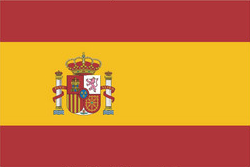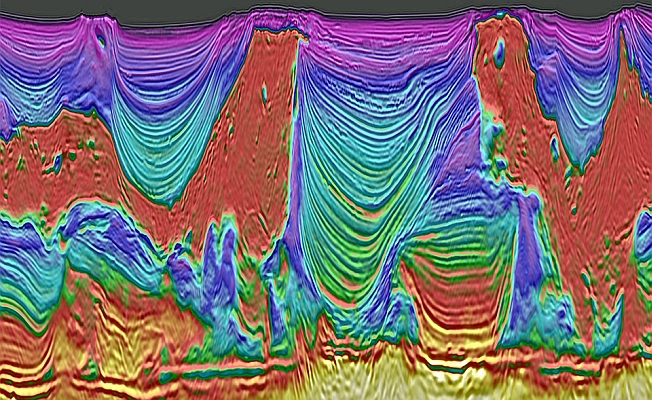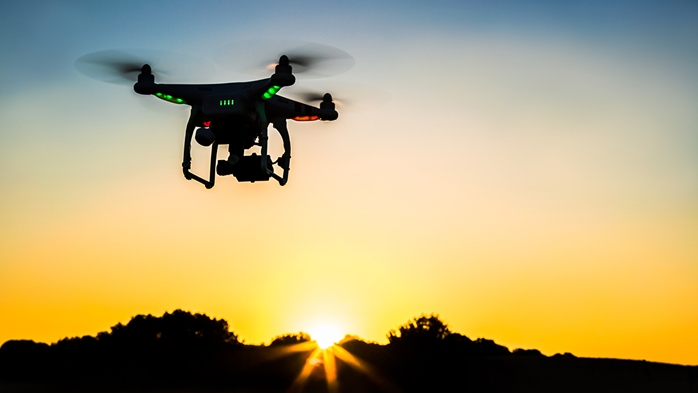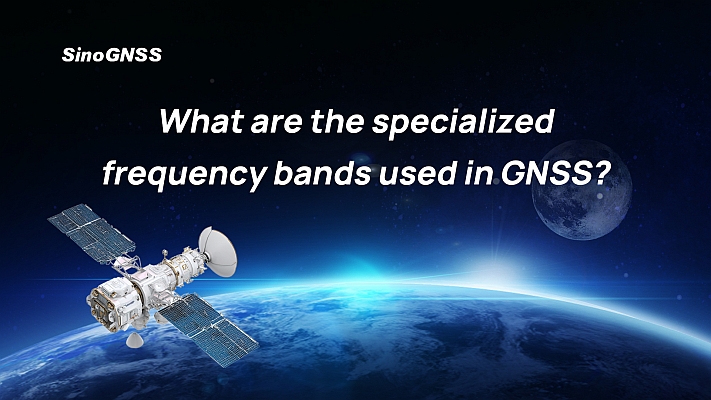Indra has signed an agreement making it the only company in Spain to market images from RapidEye’s constellation of five satellites. This will strengthen the Earth observation service it provides for domestic and international public administrations, companies and organisations that require precise monitoring of a territory.
With this alliance, Indra has improved its range of specific remote sensing products and services for entities that manage natural resources (forest zones, water resources), economic activities related to the environment (agriculture, mining, timber farming, aquaculture), civil engineering, topography, and emergency and public safety management in the event of disasters, in addition to numerous other activities.
The RapidEye satellites form part of the European Space Agency’s catalogue of Category-1 satellites, which is an indication of the international relevance of access to data of this type.
The sensors on board the satellites are distinguished by their capacity to provide high resolution images (5 m per pixel) in five bands: red, green, blue, near-infrared and red edge.
Red edge is directly related to the presence of nitrogen both in plants (thanks to their chlorophyll content) and in the ground. Moreover, the programming flexibility, revisit times and prices per km2 provided by these satellites are unparalleled by any other satellites in their class.
All this information will enable Indra to, for example, prepare advanced remote sensing products and services to facilitate the monitoring of crops, providing advance production data, and estimate damage caused by adverse phenomena and the demand for water required in irrigation areas. This information allows events to be predicted and the right decisions to be made in each case.
Thanks to this agreement, Indra has access to images of anywhere in the world taken on a daily basis. Furthermore, it allows Indra to offer its customers images of extensive areas, even on the national and international scales. This capacity will be strengthened with access to a historical archive of images of more than 3 billion km2.








